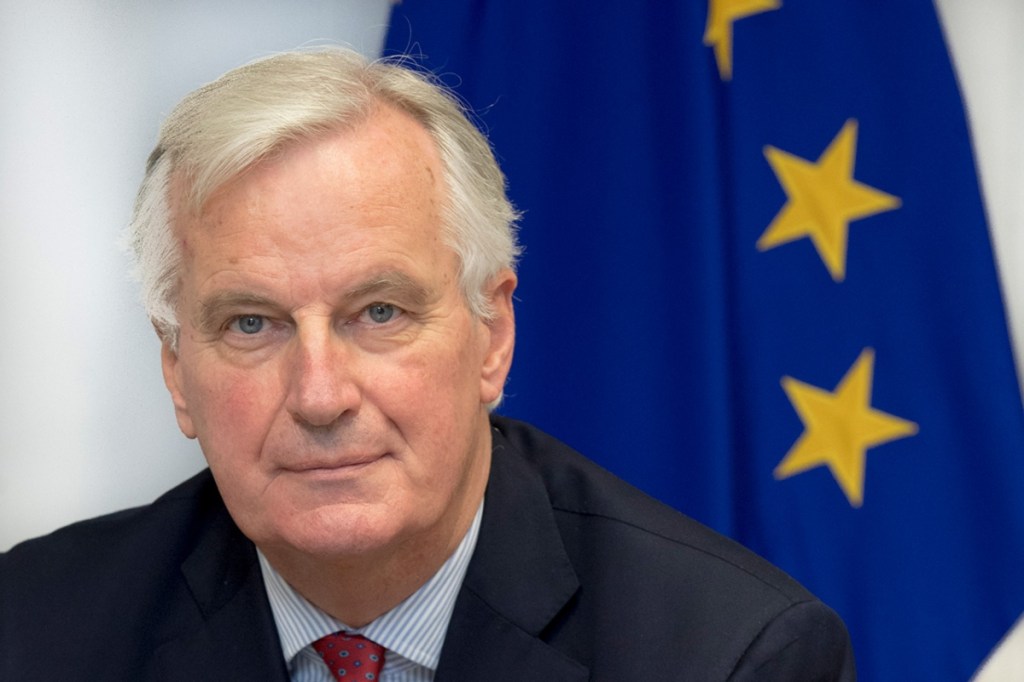French President Emmanuel Macron appointed Michel Barnier, the European Union’s former Brexit negotiator, as the new Prime Minister on Thursday, tasking him with forming a government capable of navigating France through a period of significant political and economic challenges. This decision comes after Macron’s centrist coalition failed to secure a majority in a snap election, resulting in a hung parliament and weeks of political impasse, reports Reuters.
Barnier, a seasoned diplomat with extensive experience in European politics, will face the difficult task of building consensus across fragmented party lines. His main objectives will include pushing through key reforms and drafting the 2025 national budget, all while addressing pressure from both the European Commission and global markets to curb France’s growing fiscal deficit. France, with its current economic state, is being closely monitored by bond markets, increasing the urgency for Barnier to stabilize the country’s finances.
Macron’s decision to call a snap parliamentary election in June, originally intended to solidify his mandate, resulted in the loss of dozens of seats for his centrist alliance. With no single party winning an outright majority, the country has been left in a state of political limbo. The left-leaning New Popular Front (NPF) coalition emerged as the largest bloc, but Macron ruled out the possibility of asking them to form a government, as other parties signaled they would swiftly vote down any administration led by the NPF.
Barnier’s appointment is seen as a strategic move by Macron, who is hoping to leverage Barnier’s deep connections within the EU and his experience in high-stakes negotiations to pull France out of its current deadlock. However, governing will be no easy feat, as Barnier must negotiate with opposition leaders from a variety of political factions to pass critical legislation.
Barnier, who gained widespread recognition for his role in the Brexit negotiations, is no stranger to complex political landscapes. In his first statement after the appointment, Barnier acknowledged the challenges ahead but expressed optimism about bringing together a functional coalition. “France is at a crossroads, and it is our duty to deliver stability and progress. The path will be difficult, but we have the capacity and determination to succeed,” he said.
The weeks ahead will prove critical, as Barnier must quickly assemble a government and outline its legislative agenda. The ability of the new administration to deliver tangible results will be closely watched, both within France and by international stakeholders, who are concerned about the country’s economic health and its leadership within the EU.
Macron’s bet on Barnier indicates his confidence in the experienced negotiator’s ability to handle the complex political dynamics in Paris, but the road ahead is fraught with obstacles. Both men will need to manage the expectations of a deeply divided electorate while addressing the economic realities facing France.

